Stop Doing These 10 Things Before You Completely Wreck Your Engine
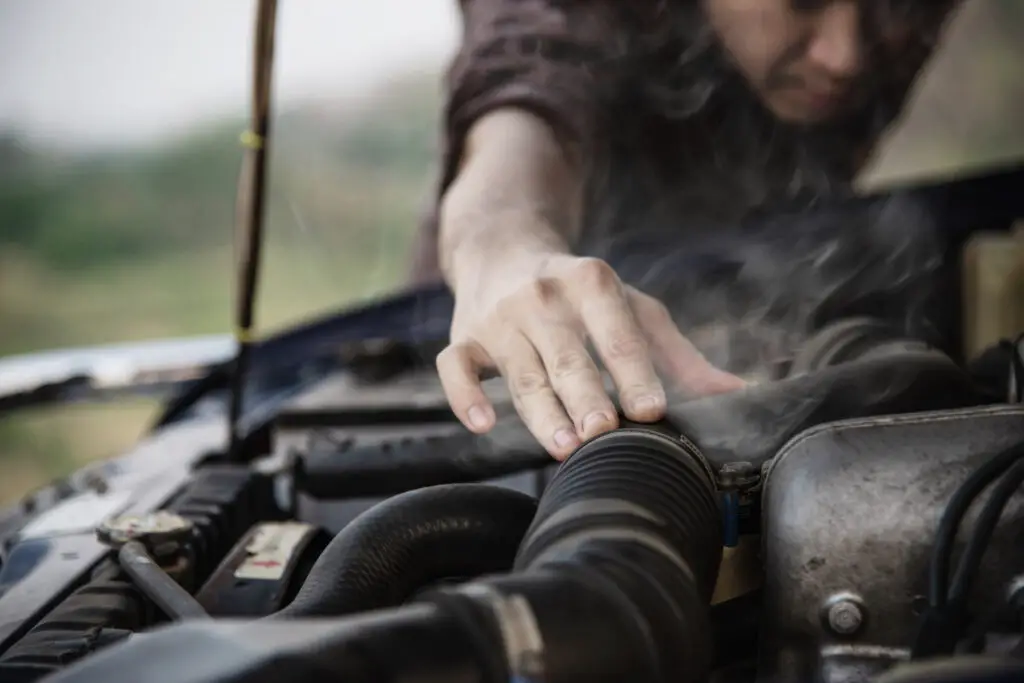
Your car’s engine may be made of metal, but it has feelings… sort of. At least, it reacts to how you treat it. Push it too hard, ignore obvious signs of trouble, or skip basic maintenance, and you are basically speeding toward a very expensive disaster. An engine that could have lasted another 100,000 miles might suddenly fail in spectacular fashion, leaving you stranded on the side of the road and staring at a repair bill that costs more than your next vacation.
The good news? Avoiding those headaches is easier than you think. Most engine problems come from habits drivers do without even realizing it. If you want to keep your car humming for years, stop doing these ten things before you completely wreck your engine.
1. Skipping Oil Changes
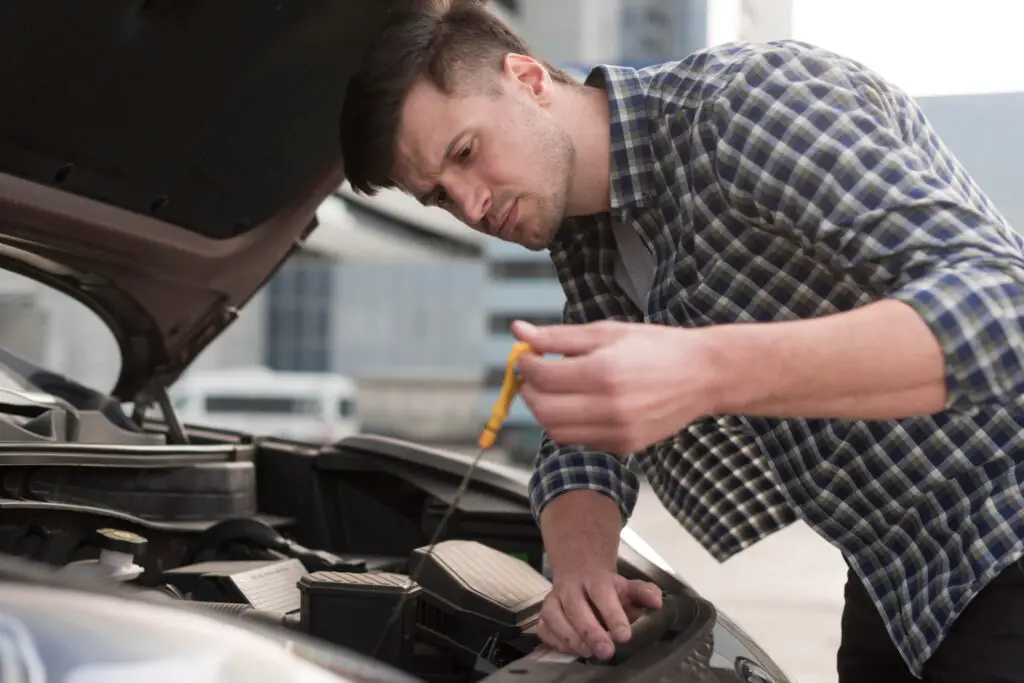
Skipping or delaying oil changes is like asking your heart to pump sludge instead of blood. Oil keeps all the moving parts in your engine lubricated, cool, and protected from dirt and debris. When you let it go too long, that oil breaks down, loses its protective qualities, and allows metal-on-metal friction that chews away at your engine from the inside.
If you are the type who keeps saying “I will do it next weekend,” you are playing a dangerous game. Stick to the schedule in your owner’s manual, and if you do a lot of short trips or heavy driving, shorten that interval. Think of an oil change as cheap insurance for the most expensive part of your car.
2. Ignoring the Check Engine Light

That little amber light on your dashboard is not there to decorate the display. It is your car’s way of crying out for help. Ignoring it can turn a minor issue like a faulty sensor into something serious, such as a damaged catalytic converter or a misfiring cylinder that ruins the engine.
Sure, sometimes it is something small, but you never know until you get it checked. A quick scan today could save you thousands tomorrow. If your car is trying to tell you something, listen before it starts yelling in the form of smoke or a breakdown.
3. Using the Wrong Oil or Cheap Oil
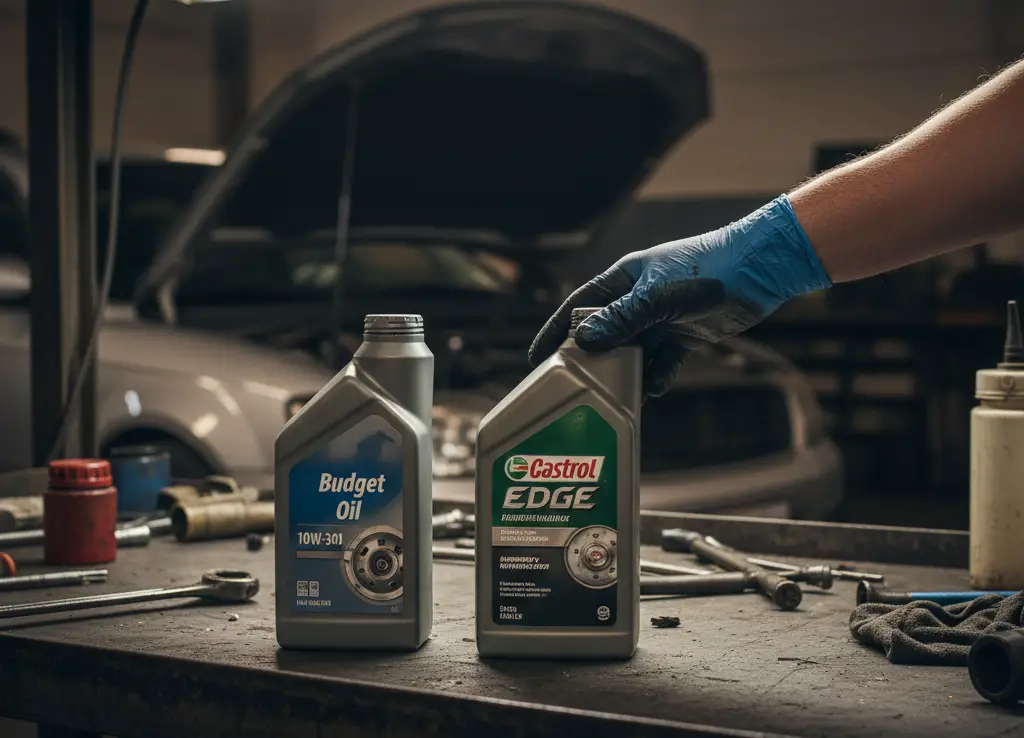
Not all motor oil is created equal, and your engine definitely has a preference. Using the wrong viscosity or grabbing the cheapest option on the shelf might seem harmless, but it can reduce lubrication, break down too quickly, and leave your engine exposed to wear and tear.
Your owner’s manual tells you exactly which oil grade your engine needs, and it is not a suggestion—it is a requirement. Spend a few extra dollars for the right oil, and your engine will thank you by lasting longer and running smoother.
4. Neglecting the Cooling System
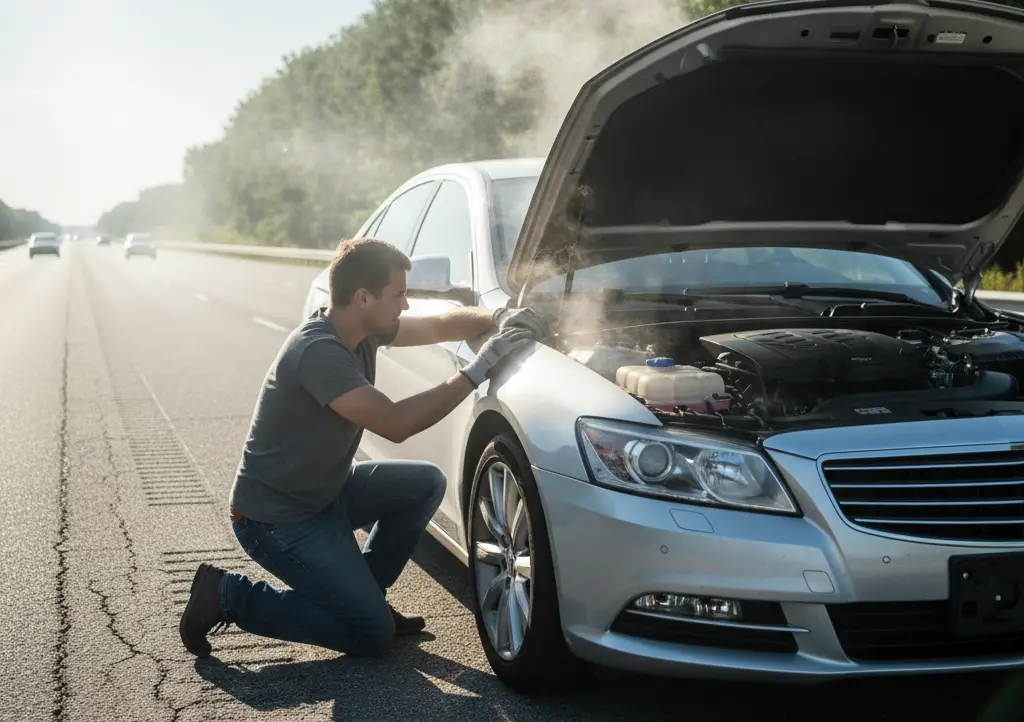
Engines and heat have a complicated relationship. They need heat to run, but too much of it can destroy them. If you neglect your cooling system by ignoring coolant levels, skipping radiator flushes, or letting hoses and caps age past their prime, you are setting yourself up for overheating. And overheating can warp heads, blow gaskets, or even crack the block—none of which are cheap to fix.
Check your coolant regularly, flush the system when it is due, and pay attention to leaks or strange smells. A healthy cooling system is the difference between smooth road trips and calling a tow truck in the middle of nowhere.
5. Driving Hard Before the Engine Warms Up
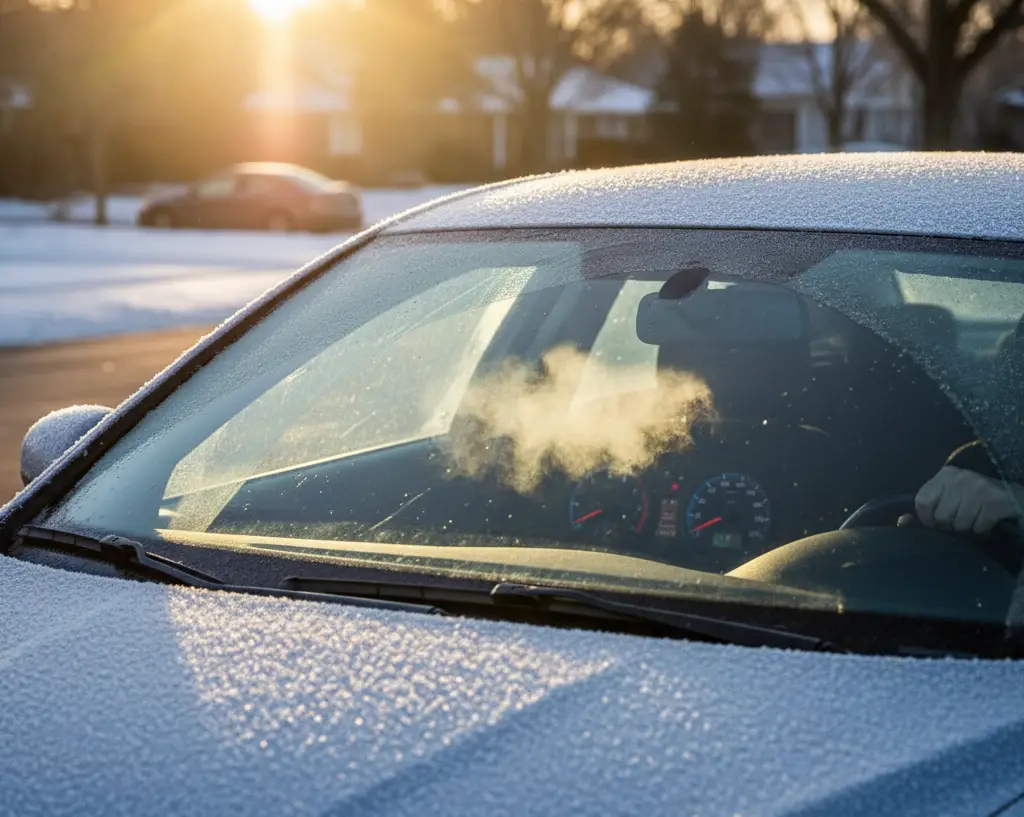
Engines do not like to be rushed, especially when cold. When you first start your car, the oil has not fully circulated and the engine is still stiff from sitting. Flooring it or revving hard right away puts strain on parts that are not ready for action.
Treat your car like you treat yourself when you first wake up—it needs a little time to get moving. Drive gently for the first few minutes, let the fluids warm up, and then go about your business. Your engine will thank you with fewer breakdowns in the future.
6. Excessive Idling

Leaving your car idling for long stretches might feel harmless, but it is not doing your engine any favors. Idling lets water vapor and unburned fuel build up in the system, which can dilute oil and cause unnecessary wear. It also wastes gas, which is like throwing money out the window.
If you are parked for more than a couple of minutes, turn it off unless traffic or safety requires otherwise. Modern engines do not need to idle forever, and shutting down is often the smarter choice.
7. Forgetting About Air and Fuel Filters
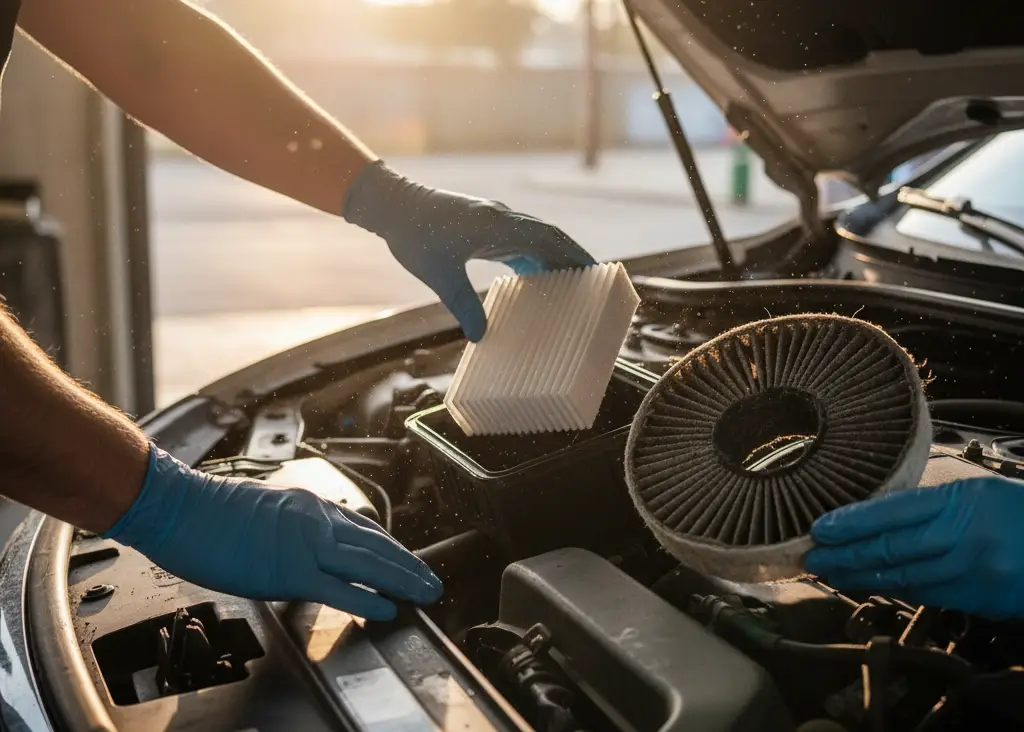
Your engine needs clean air and clean fuel to work properly. When filters get clogged, the engine has to work harder, which leads to poor performance, higher fuel consumption, and increased wear. The worst-case scenario? Dirt and contaminants slip through, causing serious internal damage.
Replacing filters is one of the cheapest and simplest maintenance tasks, yet so many drivers forget to do it. A clean filter is like giving your engine a fresh breath of air—and it will run better for it.
8. Driving in the Wrong Gear

Whether you drive a stick shift or an automatic, your car has a sweet spot for engine speed. Driving in a gear that is too high for your speed, also called lugging the engine, puts extra strain on components and can make the engine knock or stutter. Do it often enough, and you will cause long-term wear.
Use the right gear for the situation. If you are driving slow, downshift or let the transmission handle it. Do not force your engine to push harder than it was designed to at low speeds—it is not a workout, it is abuse.
9. Ignoring the Timing Belt or Timing Chain
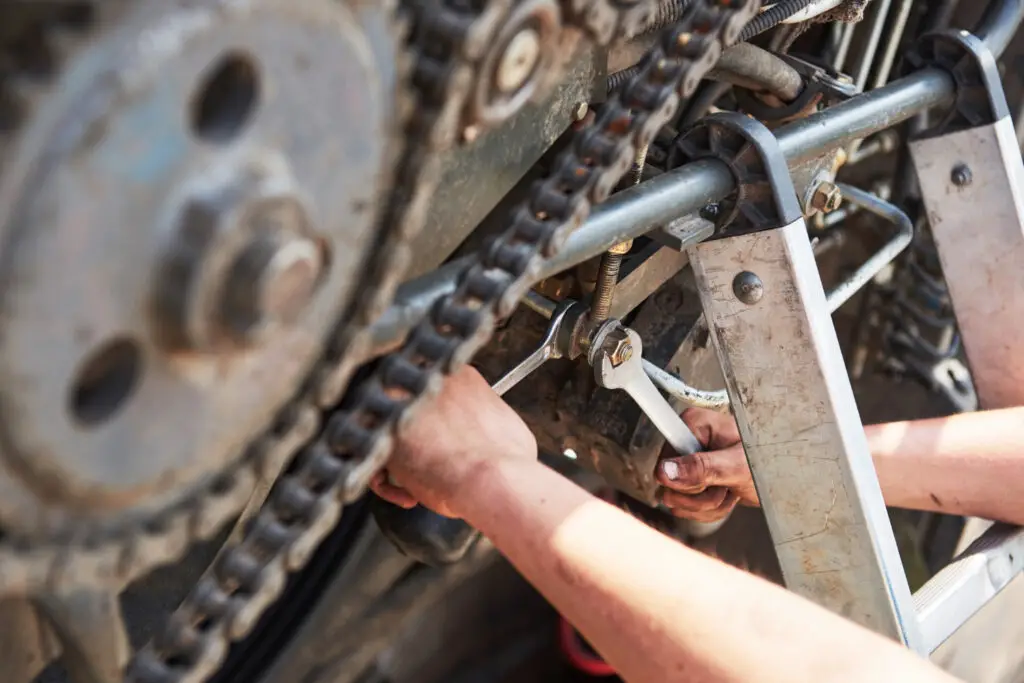
A timing belt or chain is one of those parts you rarely see but depend on more than almost anything else. If it fails, the internal parts of your engine can slam into each other, bending valves and damaging pistons in a matter of seconds. That kind of damage usually means your engine is done for.
Check your manual for replacement intervals, and if you are not sure when it was last changed, assume it is overdue. Replacing it might not be cheap, but it is far less expensive than replacing the entire engine.
10. Letting Fluids Run Low or Get Dirty
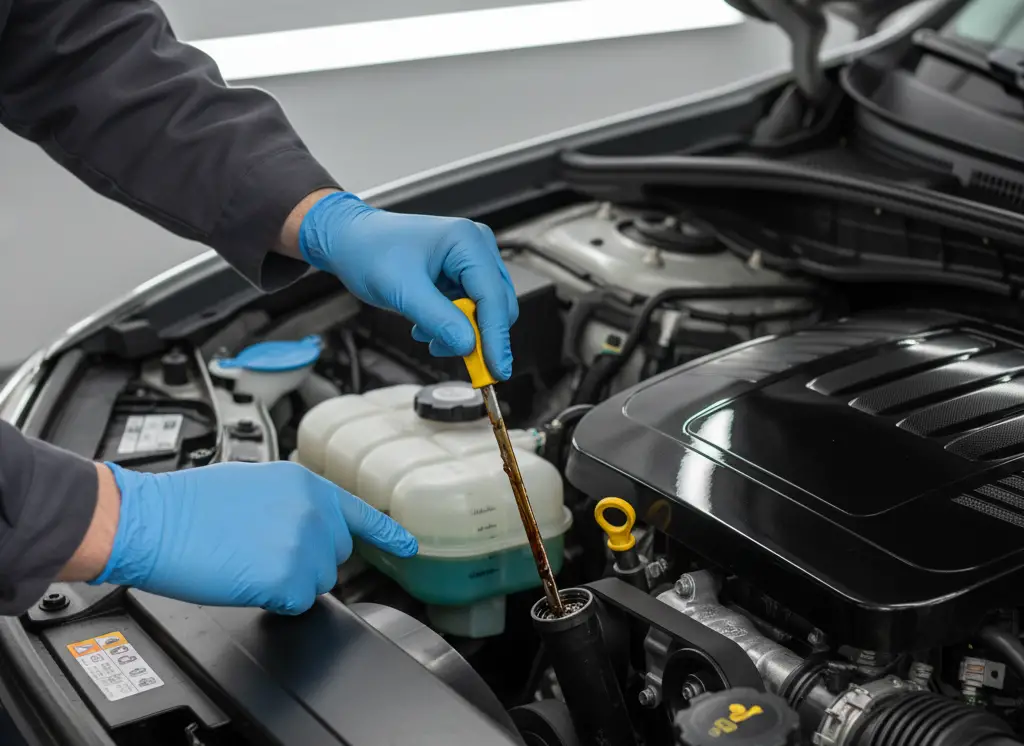
It is not just the oil that matters. Transmission fluid, power steering fluid, coolant, and even differential fluid all play critical roles. If they are low or dirty, systems start failing—and when one system goes, the engine often pays the price too.
Make it a habit to check fluid levels regularly. Clean, fresh fluids keep everything running smoothly and prevent a domino effect of failures that can lead straight back to your engine. Think of it as hydration for your car.
Final Thoughts
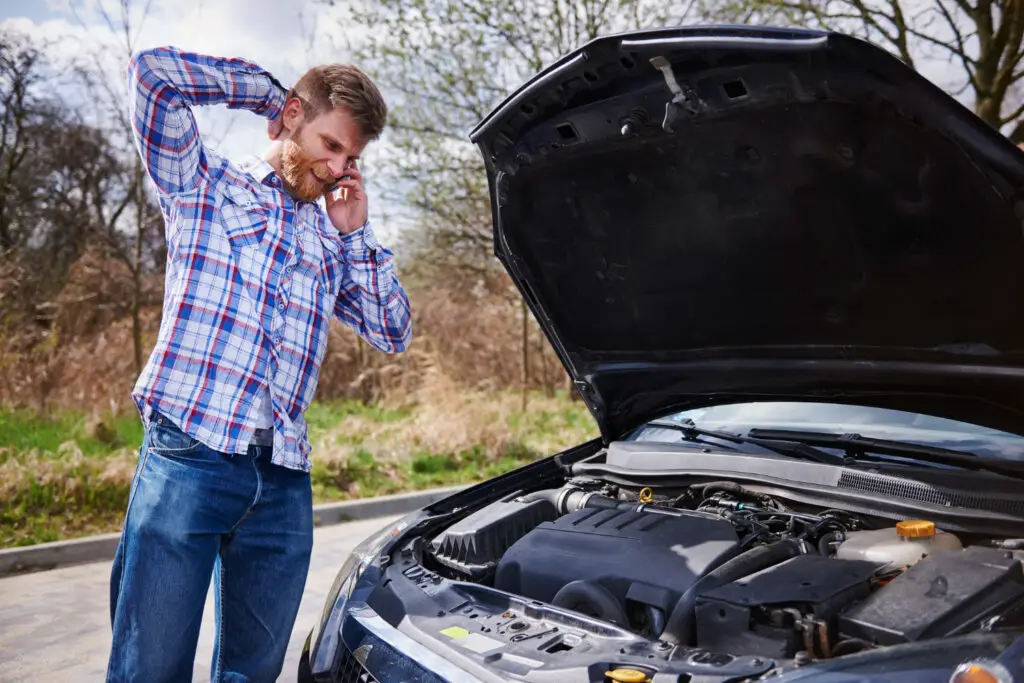
Your engine is tough, but it is not indestructible. Most of the problems that end its life early come from neglect or small habits that seem harmless in the moment. The truth is, if you take a little extra care—changing fluids on time, respecting warm-up periods, and paying attention to warning signs—you can keep your engine running strong for years.
Think of your car like a partner in life: take care of it, and it will take care of you. Ignore it, and it will eventually leave you stranded at the worst possible time. By breaking these ten bad habits, you are not just saving money—you are giving yourself peace of mind every time you turn the key.
Leave a Reply